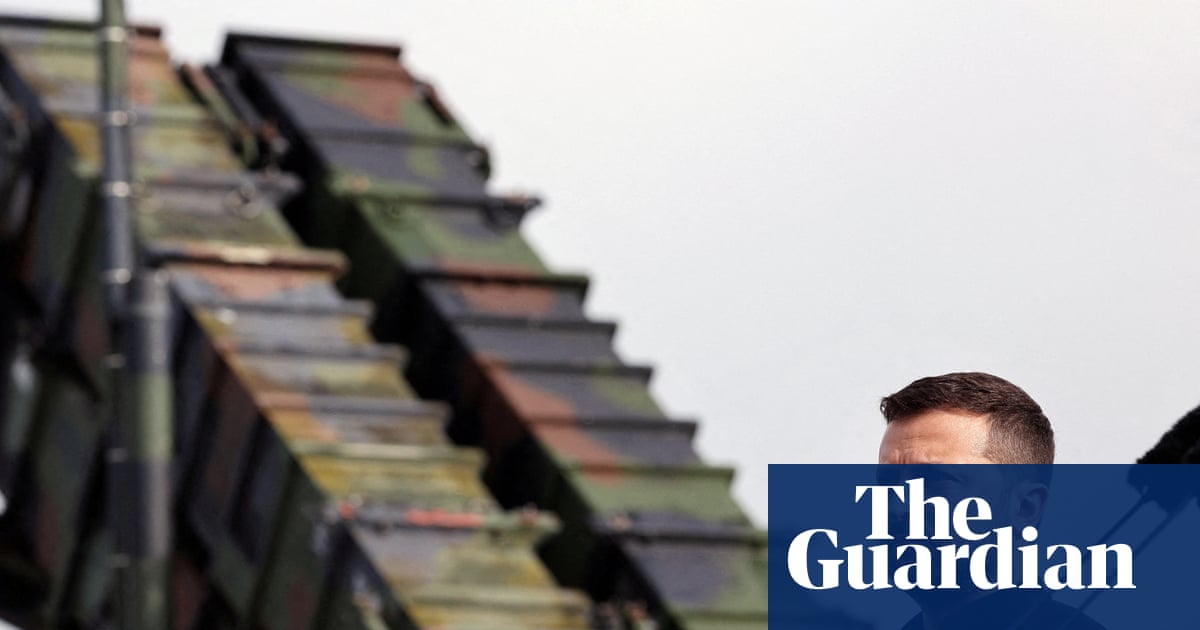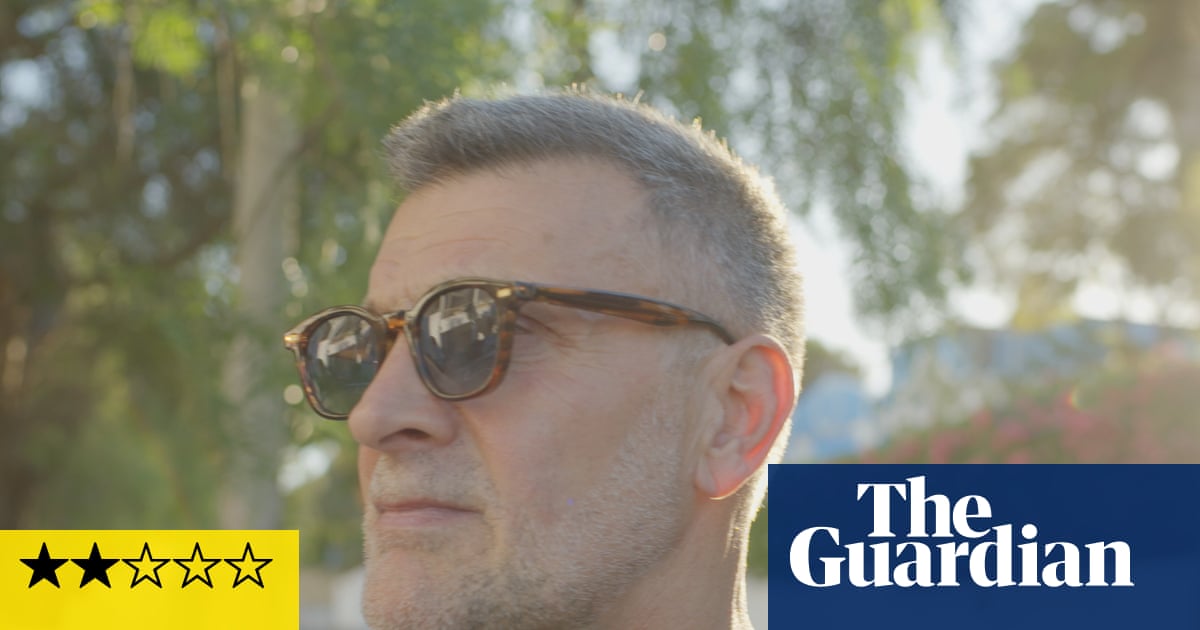The justice secretary, Shabana Mahmood, has said Britain will pursue reform of the European convention on human rights (ECHR), both at home and in Strasbourg, saying “public confidence in the rule of law is fraying”.
Mahmood’s warning in her speech at the Council of Europe came as the home secretary, Yvette Cooper, said she would undertake an examination of how the courts were applying the right to freedom from degrading treatment.
Ministers are understood to be exploring whether change could come in the form of guidance to courts, or even whether to legislate on the issue.
The justice secretary said the government was determined to protect the convention, but that trust would disintegrate if human rights laws “appear to protect the rule-breaker over the rule-follower”.
“We can preserve rights by restoring public confidence in them rather than give ground to populism,” she said. “The European convention on human rights is one of the great achievements of postwar politics. It has endured because it has evolved. Now, it must do so again.”
Concern has been sparked in government by cases raised in an ITV documentary where two Brazilians wanted for murder and for rape have been able to stay in Britain because of overcrowded conditions in Brazilian prisons, using article 3 of the ECHR.
The Home Office is already undertaking a review of how article 8 of the convention – which covers the right to respect for family life – is applied by the courts.
Some MPs have been pushing the government to legislate to set out formally how those rights should be interpreted, amid a populist campaign by Reform UK and rightwing Conservatives to leave the convention and dismantle human rights laws altogether.
Mahmood said she wanted member states to push for change in order to maintain voters’ trust in human rights and the rule of law.
She said the government remained absolutely committed to the principles set out in the convention, but said: “Commitment is not the same as complacency. And across the continent, trust is being tested. Rules are increasingly being broken and undermined.
“And the values of democracy, human rights and the rule of law – once widely assumed – now face distortion, doubt, even hostility.”
The UK was not a signatory to a recent letter from the leaders of nine European countries – including Austria, Belgium, Lithuania and Poland – calling for a change in how the Strasbourg court interprets the convention. Government sources said the UK was not asked to sign but agreed with much of the letter’s content.
“Our convention was never meant to be frozen in time,” Mahmood said. “It has been amended, extended and interpreted over decades – responding to new threats, new rights and new realities.
“And we must consider doing so again. That is why the UK is not only open to this conversation, we are already actively pursuing it in how we implement the convention domestically – not to weaken rights, but to update and strengthen them. This is not a retreat from principle. It is the very essence of the rule of law.”
Mahmood – the daughter of Pakistani immigrants – said the UK’s commitment to the rule of law was one of the reasons her own parents had found refuge in Britain.
“They believed in a country where institutions were independent, where power was accountable and where justice didn’t depend on who you were, but on what was right,” she said.
But she said there was a growing feeling – “sometimes mistaken, sometimes grounded in reality” – that human rights were too often being used by criminals to act with impunity.
“When the application of rights begins to feel out of step with common sense, when it conflicts with fairness or disrupts legitimate government action, trust begins to erode,” she said.
“If a foreign national commits a serious crime, they should expect to be removed from the country. But we see cases where individuals invoke the right to family life, even after neglecting or harming those very family ties.
“Or take prison discipline. Being in custody is a punishment. It means some privileges are lost. But dangerous prisoners have been invoking article 8 to try to block prison staff from putting them in separation centres to manage the risk they pose.
“It is not right that dangerous prisoners’ rights are given priority over others’ safety and security. That is not what the convention was ever intended to protect.
“Prisoners claiming a right to socialise – under article 8 – is not just a legal stretch. It damages the public perception of human rights altogether.”
She said it was the job of politicians to respond to those concerns in order to safeguard faith in democracy and the law. “We cannot leave these questions to the courts alone,” she said.
“If judges are being asked to solve political problems that parliaments avoid, we weaken both institutions. That is why reform must be a shared political endeavour amongst us as member states, to preserve our convention by renewing its moral and democratic foundation.”

 3 months ago
49
3 months ago
49

















































